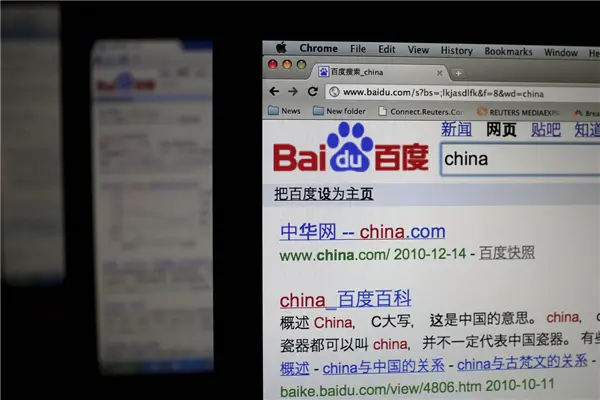Chinese internet giantBaiduInc.on Monday cut its quarterly revenue projection, citing lower medical advertising as Chinese regulators heighten scrutiny of the fast-growing medical sector.
The company now projects second-quarter revenue of 18.1 billion yuan to 18.2 billion yuan ($2.81 billion to $2.82 billion), down from its earlier view of 20.11 billion yuan to 20.58 billion yuan.
Shares, down 13% this year, fell 5% to $154.99 in after-hours trading.
Chinese authorities had ordered Baidu, the dominant search engine in China with roughly an 80% of the market, to revamp its advertising practices in online searches followingthe death of a college studentwho had cancer and took a therapy he found through a sponsored Baidu link. It was the second time Baidu had been publicly rebuked forits handling of sponsored medical advertising.
Users have criticized Baidu’s search results, saying sponsored ads weren’t clearly labeled and misleading medical advertising often ranked higher.
Like other search engines, Baidu, sometimes referred to as the Google of China, sells links that show up in search results. Generally, the more an advertiser pays, the higher the link is likely to rank in search results.
Advertising accounts for the bulk of Baidu’s revenue, but the company has been trying to expand beyond search, a bold—and costly—move thatdrove profit down 19% in the most recent quarter.
In a conference call with analysts, Chief Executive Robin Li said company officials blamed the ad revenue drop on “short-term uncertainty” as Chinese regulators tighten oversight of a booming sector driven by the country’s aging population.
Mr. Li said company officials expect medical advertising to pick up as new rules are set.
“Heightened regulation will be good for the sector, Chinese citizens” and, in the long-term, Baidu, Mr. Li said during the conference call.
While the changes will lower revenue in the near term, company officials said they hope for a payoff in the long run as users see Baidu as a safer and trustworthy site.
(THE WALL STREET JOURNAL)
 简体中文
简体中文



